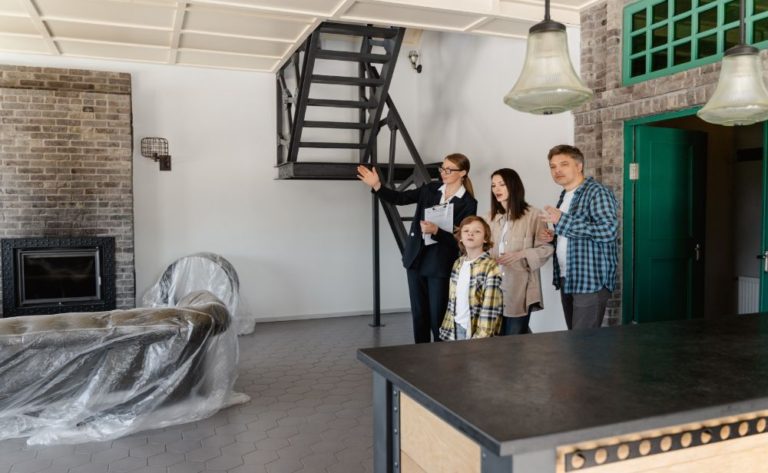Buying Home in Northern Virginia
When looking to purchase a property in Northern Virginia, there are a number of crucial considerations to take into account. It is important to keep in mind the following crucial points:
1. Location: Northern Virginia is a big region that is comprised of a wide variety of communities and neighbourhoods. Take into account the proximity of the home to your place of employment, your children’s schools, and any other essential amenities. Arlington, Fairfax, and Alexandria are all considered to be very desirable places to live.
2. The budget: Northern Virginia is one of the regions in the country with the highest cost of living, making it one of the most costly places to live. Make sure you establish a budget that is grounded in reality, and work with a real estate agent who can assist you in finding properties that meet both your needs and your financial constraints.
3. The state of the home Before you buy a property, you should have it inspected by an expert to confirm that it is in good shape and that it does not require any significant upgrades or repairs.
4. The Commute Because Northern Virginia is included in the metropolitan area that encompasses Washington, DC, the commute can be difficult during rush hour. When selecting a property, make sure you take into account the amount of time it will take you to go to and from work as well as any other vital locations.
5. The market Given that the real estate market in Northern Virginia is notorious for its instability, it is essential to have a solid understanding of the present market conditions and trends, in addition to having a good idea of what the future holds. It is always a good idea to engage with a real estate agent who has expertise of the local market and can provide insight. This will ensure that you make the most informed decision possible.
You will be able to make an intelligent option and locate the ideal property in Northern Virginia if you take into account the aforementioned aspects.
Here is a buyer’s guide to the home-buying process in Northern Virginia, in the event that you are considering making that move!
1. Establish Your Budget Before you start shopping for a property, it is crucial to establish a budget that is both reasonable and accurate. This budget should take into consideration your income, your expenses, and any existing obligations. This will assist you in reducing the scope of your home search to include only those properties that fall within your acceptable price range.
2. Make a Plan for Your Down Payment A down payment, which is typically equal to twenty percent of the home’s purchase price, is required for most mortgages. It is essential to prepare in advance and set aside sufficient funds to cover this initial cost.
Make a list of the features and amenities that are important to you in a home, such as the location, the number of bedrooms, and the square footage. Then, prioritise your property needs in the order of their importance. This will assist you in narrowing down your home search to properties that are suitable for you.
4. Get a Pre-Approval on Your Mortgage Before Making an Offer It is a good idea to get pre-approved for a mortgage before making an offer on a home. You will be able to demonstrate to the seller that you are a serious buyer, which will help you in your efforts to negotiate a better price.
5. Make an Offer Once you have located a property that meets your needs, the next step is to make an offer on it with the assistance of your real estate agent. The discussion of price with the seller will consequently commence at this point.
6. Enter Escrow: Once your offer has been accepted, the home will enter escrow, which is the process of preparing for the transfer of ownership that will occur once the home has been purchased. This includes making arrangements for a title search and arranging for a home inspection to take place.
7. Get a Home Inspection Done It is important to get a professional inspection done on the home before you close on it. This will ensure that the home is in good condition and that it does not require any significant repairs or renovations before you move in.
8. Conduct a Final Walkthrough Prior to the closing, you will have the opportunity to conduct a final walkthrough of the home. During this walkthrough, you will check to see that everything is in order and that any changes or repairs that were discussed and agreed upon during escrow have been carried out.
9. Put Your Name on the Papers During the closing, you will be required to sign the paperwork that is necessary to complete the purchase of the home.
10. Complete the Closing and Take Ownership Once all of the necessary documentation has been completed and the monies have been transferred, you will be able to complete the closing on the home and formally take ownership of the property.






